Hurricanes that made an impact on Alabama
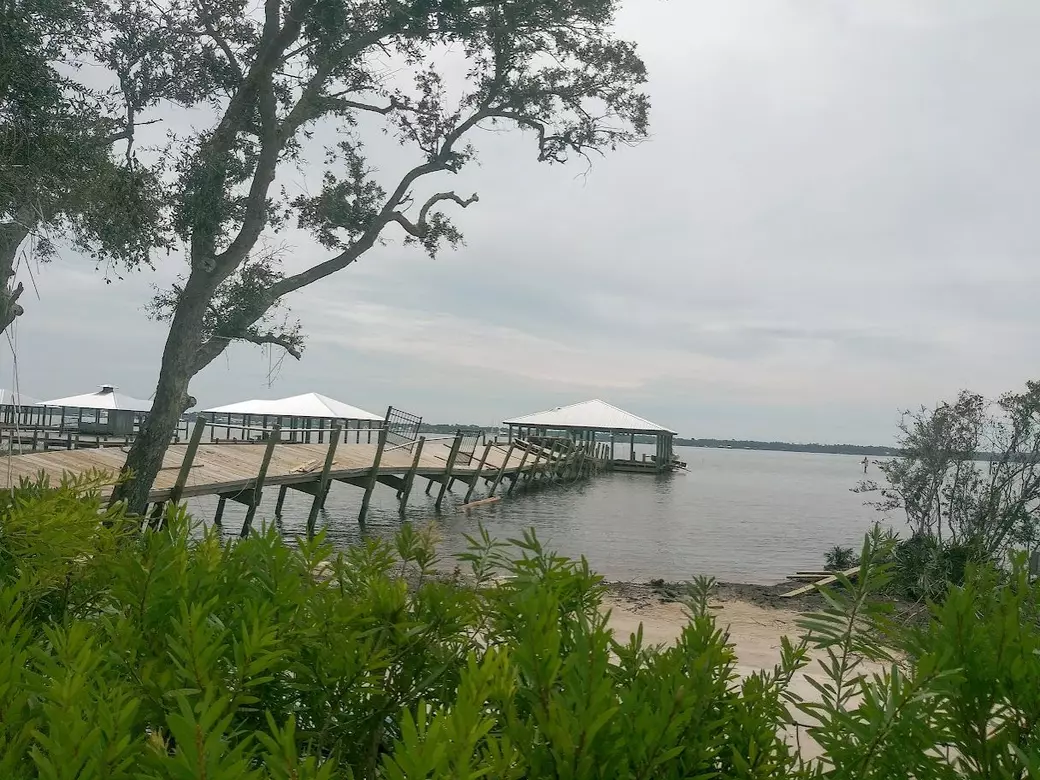
**Hurricanes That Made an Impact on Alabama**
Living in Alabama comes with its own unique set of charms, from the warm Southern hospitality to the stunning landscapes that change with the seasons. However, the state is also susceptible to hurricanes, which can dramatically alter both the lifestyle and real estate landscape. Understanding these impacts is crucial for homeowners, investors, and anyone interested in Alabama’s vibrant real estate market.
#The Aftermath of Hurricanes
Hurricanes have a profound effect on communities, especially in coastal areas like Alabama. The most devastating storms can lead to significant housing repairs and changes in the landscape. For instance, Hurricane Katrina in 2005 left a lasting mark on Alabama's Gulf Coast, prompting extensive rebuilding efforts. Homes were not only damaged but also required upgrades to meet new building codes designed to withstand future storms.
In addition to physical damage, hurricanes can also shift community dynamics. Areas that were once bustling may find themselves quieter as residents relocate or rebuild slowly. This can create opportunities for investors who are looking to purchase properties at lower prices during recovery periods.
#Investing Opportunities
For real estate investors, hurricanes present both challenges and opportunities. While the immediate aftermath of a storm can lead to decreased property values due to damage and uncertainty, it can also open doors for savvy investors. Properties that have been affected may be available at a fraction of their pre-storm value, allowing for potentially lucrative renovations and resales.
However, it’s essential to conduct thorough research before diving into investments post-hurricane. Understanding local regulations regarding rebuilding and repairs is crucial. Additionally, be aware of any changes in zoning laws or insurance requirements that could impact your investment strategy.
#Lifestyle Changes
Living through a hurricane can change how residents view their homes and neighborhoods. Many people become more aware of their surroundings and prioritize safety features in their homes. This shift often leads homeowners to invest in hurricane-resistant materials and technologies—think storm shutters, reinforced roofs, and elevated structures.
Moreover, lifestyle changes extend beyond individual homes; entire communities may come together during recovery efforts. Neighbors often bond over shared experiences as they work collectively to restore their environment. Such camaraderie can enhance community spirit but also highlight the importance of preparedness.
#Being Prepared: Supplies Needed
Preparation is key when it comes to hurricanes. Residents should have an emergency kit ready well before hurricane season begins. Essential supplies include:
- **Non-perishable food**: Stock up on canned goods and dry foods that require minimal preparation.
- **Water**: Aim for at least one gallon per person per day for three days.
- **First aid kit**: Ensure it includes necessary medications and supplies.
- **Flashlights and batteries**: Power outages are common during storms.
- **Portable phone chargers**: Keeping communication lines open is vital.
- **Important documents**: Keep copies of insurance policies, identification, and medical records in a waterproof container.
Being prepared not only helps safeguard your family but also minimizes stress during an already challenging time.
# Things to Know About Real Estate Post-Hurricane
If you’re considering buying or selling property after a hurricane, there are several things you should keep in mind:
1. **Insurance Coverage**: Ensure you understand what your homeowner's insurance covers regarding hurricane damage. Flood insurance is often separate and may be necessary depending on your location.
2. **Home Inspections**: A thorough inspection is critical before purchasing any property post-hurricane. Hidden damages may not be immediately visible but could lead to significant costs down the line.
3. **Local Resources**: Familiarize yourself with local resources available for recovery efforts—both governmental assistance programs and community initiatives can provide valuable support.
4. **Market Trends**: Pay attention to market trends following a hurricane; prices may fluctuate significantly as communities recover or rebuild.
5. **Future Preparedness**: Consider investing in properties that have features designed for future storm resilience—these will likely be more attractive to buyers who prioritize safety.
Baldwin County Emergency Management 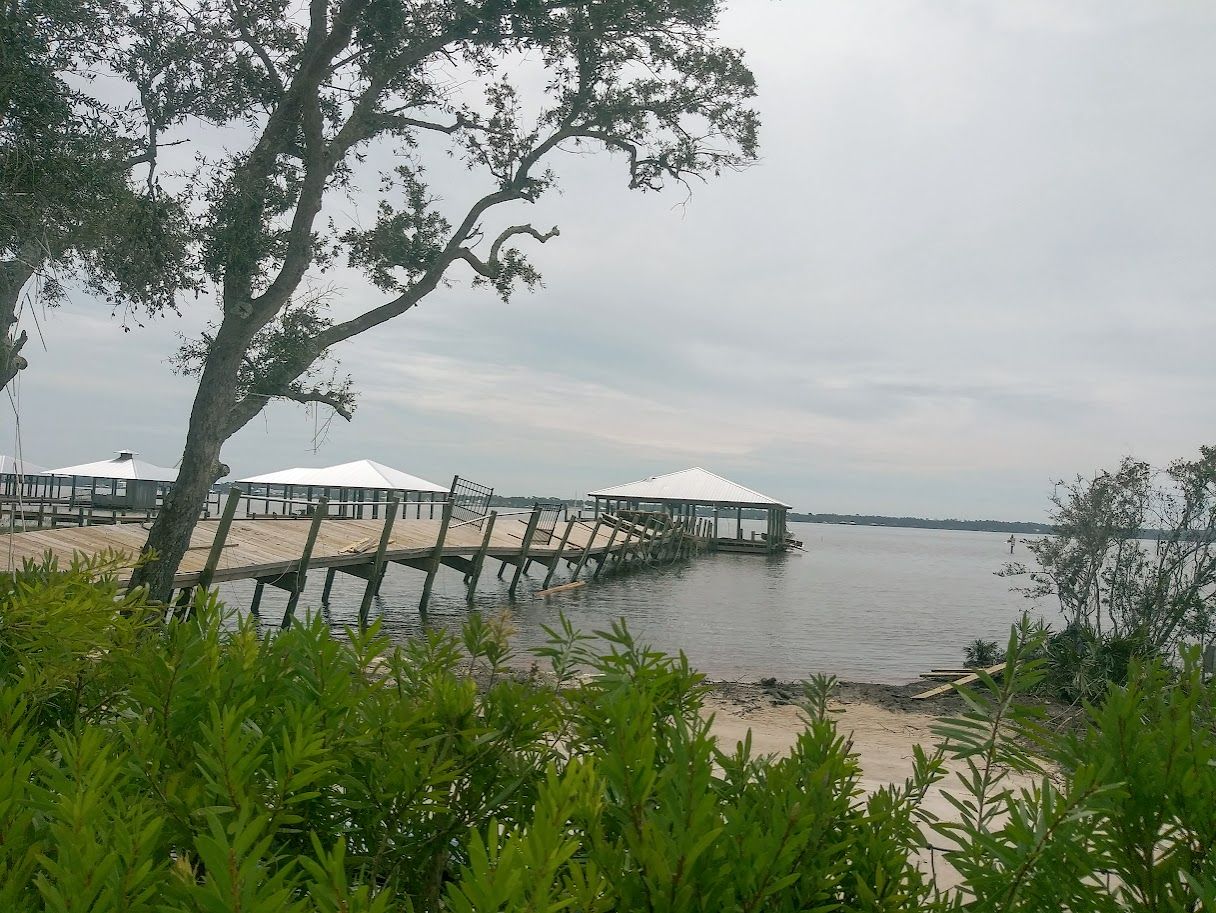
#Conclusion
Hurricanes undeniably shape Alabama's real estate landscape while influencing lifestyle choices within communities. By understanding the implications of these storms—from housing repairs to investing opportunities—residents can make informed decisions about their properties and futures. Being prepared not only protects families but also fosters stronger communities ready to face whatever challenges come next. Whether you're an investor eyeing potential opportunities or a homeowner looking to safeguard your property, knowledge is your best ally against nature’s fiercest forces.
Categories
Recent Posts
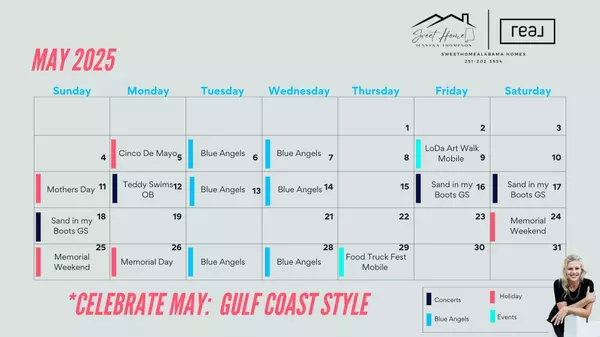



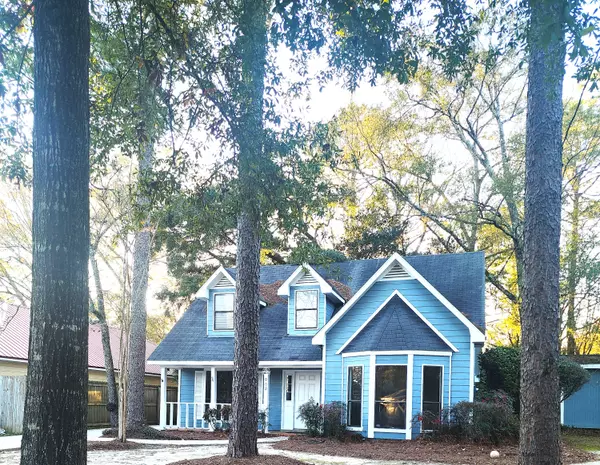


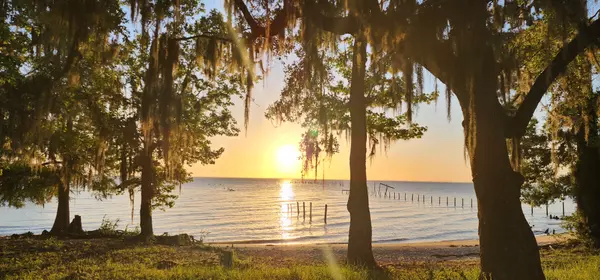
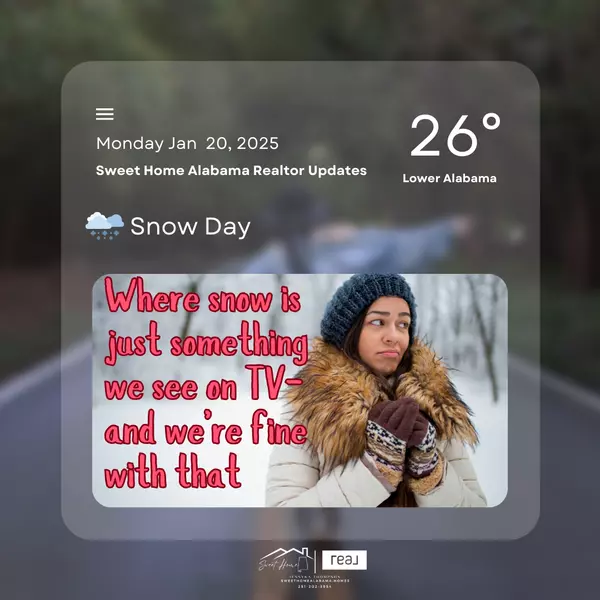


"My job is to find and attract mastery-based agents to the office, protect the culture, and make sure everyone is happy! "
